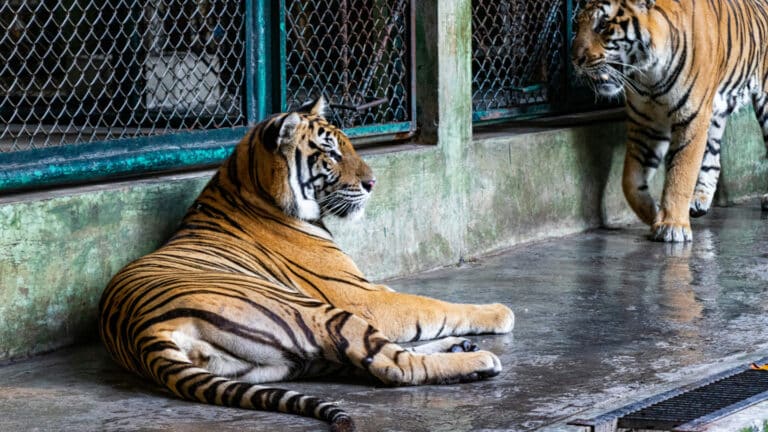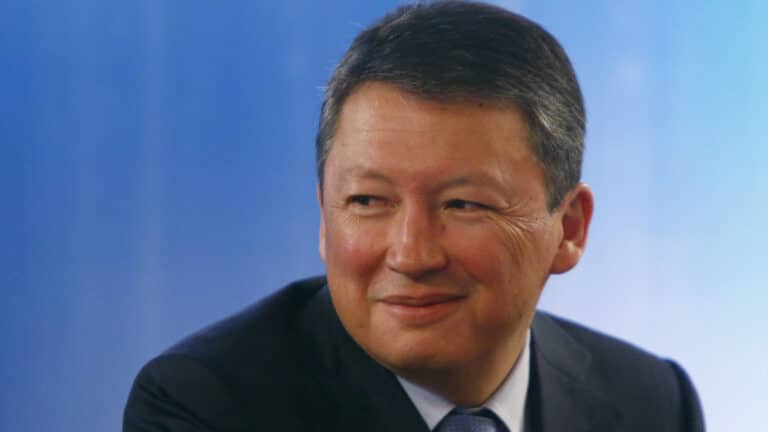
Adani Group, controlled by Gautam Adani, a billionaire from India, examined several sites in Kazakhstan to find a suitable location for its one-gigawatt coal power plant, Samruk Energy reported.
«We are in touch with Adani Group as the company is thinking about the construction of a one-gigawatt coal power plant. We organized the company’s representatives’ visit on several sites, provided them with the necessary information and explained how the Kazakhstani legislation works in terms of return on investments,» Samruk Energy said in a statement.
The Kazakhstani-authorized company is still waiting for Adani Group to articulate its position toward the coal power plant project in Kazakhstan.
In December 2022, Gautam Adani, owner of the Indian group, met with President Kassym-Jomart Tokayev in Astana. At the time of his visit to Kazakhstan, Adani was ranked as the third richest person in the world after French Bernard Arnault and American Elon Musk. According to Yernat Berdigulov, managing director for strategy and asset management in Samruk Kazyna, the Indian mogul and the national holding have reached an arrangement regarding the construction of a one-gigawatt coal power plant and renewable energy sources of similar capacity.
«According to preliminary arrangements with Gautam Adani and Indian partners, we are expecting them to build coal and renewable energy stations of the same capacity of one gigawatt each. These are just preliminary arrangements. This plant may work in Ekibastuz by using local coal, which is very likely. It also might be established somewhere in the southern part of the country, where a new power generating station is needed,» he said.
Representatives of the Indian company visited Kazakhstan on several occasions since then. The country is well known for its massive reserves of coal, enough for at least 300 years of consumption. In January 2023, Hindenburg Research revealed its 100-page report about a network of offshore companies controlled by the Adani family in the Caribbean, Mauritius and the United Arab Emirates. According to the report, these offshore companies were used by the family for payments to corrupted officials, money laundering, stealing from taxpayers and withdrawing money from the group’s publicly traded companies.
Hindenburg Research took a short position on Adani Group securities, expecting them to fall after the report’s release. One day after the report was released, Adani Group reported losses of $12 billion. Later, the company lost more than several dozens of billions, despite desperate attempts to refute the data in the report.
By now, 60-year-old Gautam Adani is ranked 24th among the richest people in the world with a fortune of $47.2 billion. According to some media reports, the key driver of his business was his close relations with the current Prime Minister Narendra Modi, who also served as a top official in the state of Gujarat, where they were both born and where Adani has built his empire. For instance, Adani has taken on a lease of 7,350 hectares of land in Gujarat for 30 years for 1 to 45 US cents per square meter and then leased it to smaller leaseholders for $11 per square meter.
Over the past several years, Kazakhstan has been straggling with a shortage of electricity due to the huge number of digital currency miners in the country, who consume one to 1.7 gigawatts of energy. As a result, the government imports electricity from neighboring Russia. Kazakhstan has pledged to cut its emissions by 15% by 2030 and reach carbon neutrality by 2060.
In order to eliminate the power shortage and meet the demand for electricity, Kazakhstan is planning to build several coal power plants, including Ekibastuz regional power station No.3, TPP No.3 in the town of Semey and a TPP in Kokshetau. This town is the only regional center in the country with no centralized supply of hot water. People use electric water boilers in their households, which is quite uncommon for other towns of similar size. Also, the government wants to upgrade the existing power stations in Ekibastuz and build new ones.
As of 2020, Kazakhstan produced 68.9% of its electricity and 99% of its thermal energy with the help of coal burning. The problem is that almost all international financial organizations, except for the Chinese, refuse to provide funds for projects associated with fossil fuels.













